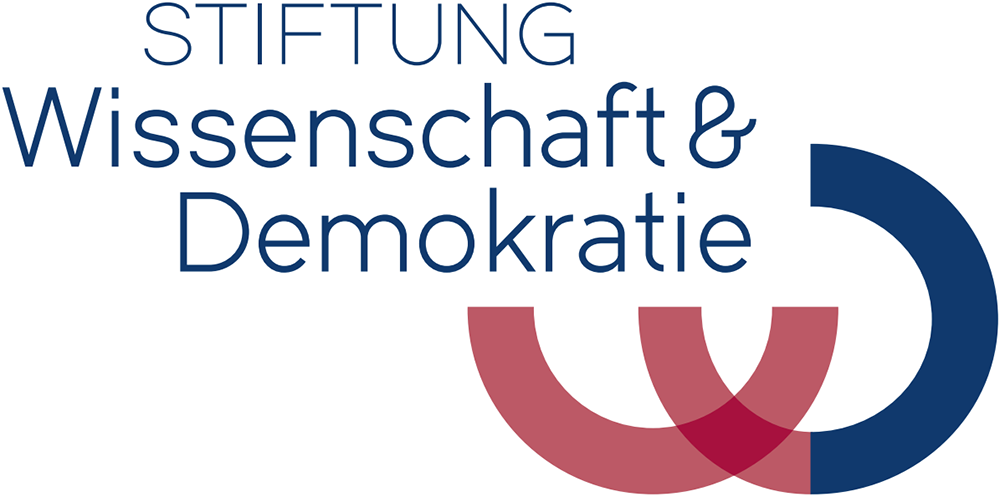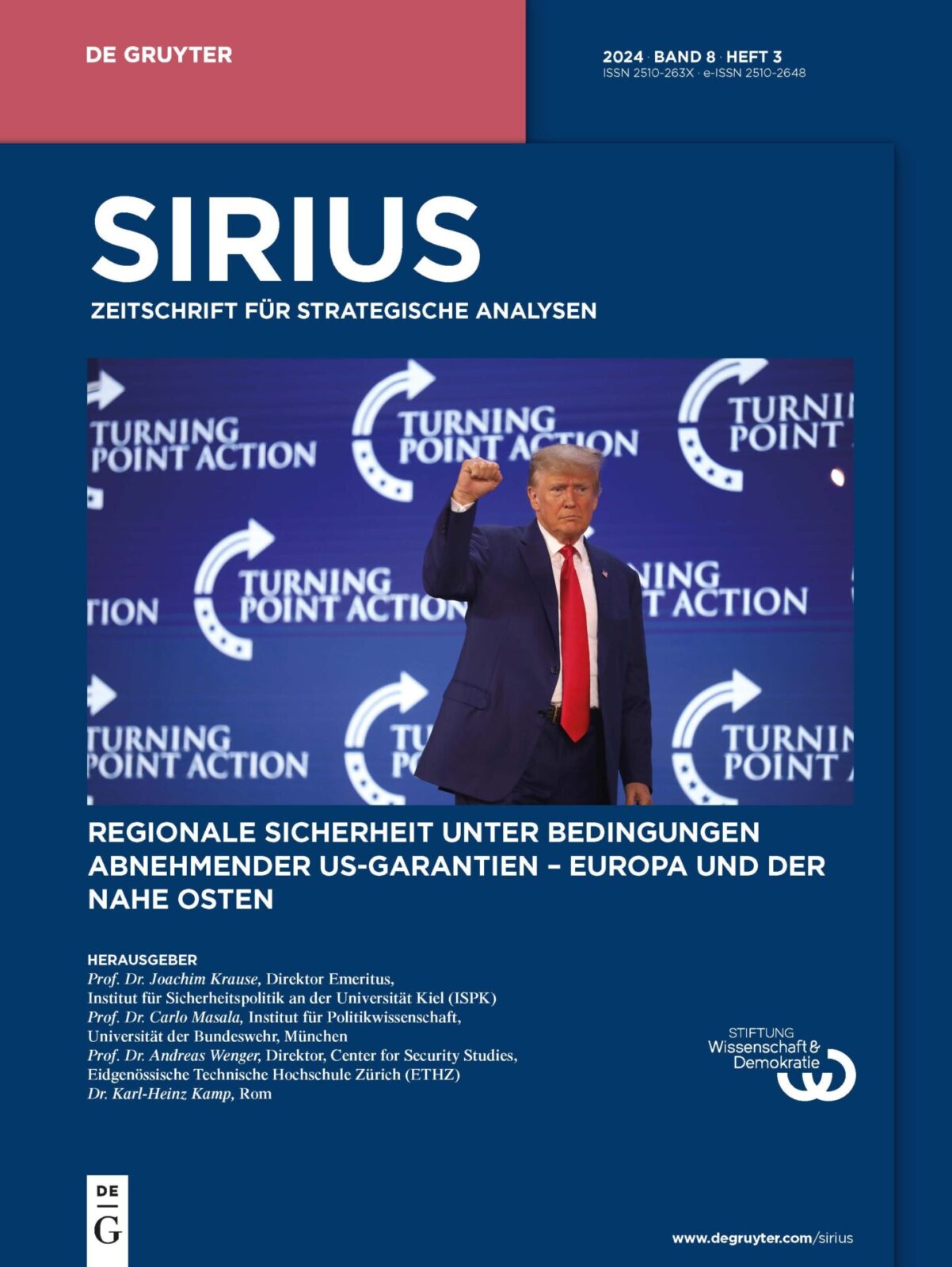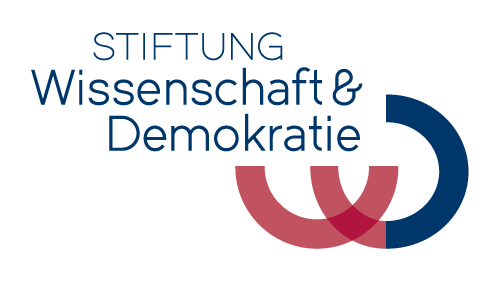In the current issue of SIRIUS highlights the global concerns surrounding the US elections in 2024 and the potential geopolitical impact of Donald Trump's election victory. Four contributions are based on a conference organised by the Society for Security Policy, which took place near Berlin in May 2024.
- Joachim Krause argues in his article, "European security in the face of an abrupt or gradual decline in American security guarantees"that it is high time for Europeans to think about how to deal with the fact that the USA is much less willing to give Europeans guarantees for their security.
- The contribution from Rainer Meyer zum Felde, "Can Europe stand its ground conventionally against a military threat from Russia?"The question is whether and how a "NATO of 31, without the USA" could militarily assert itself against Russia (supported by China, North Korea and Iran).
- The brief analysis of Heiner Brauß, "The role of nuclear weapons in European security - is it possible without the USA?"The report deals with the question of whether nuclear deterrence would be possible without the USA.
- The brief analysis of Hans Christoph Atzpodien, "Can Europe stand on its own two feet in the defence industry in the medium term?"The report deals with the question of whether Europe can stand on its own two feet in the medium term in terms of the defence industry.
The consequences of the election for Europe and the Middle East are also analysed, where the USA is increasingly withdrawing and demanding more responsibility from its partners in security matters.
- The contribution from Rainer Hermann, "The Gaza war and its consequences for the Middle East"deals with the Gaza war, especially after the Hamas attack in October 2023, and its consequences for the Middle East.
- Alexander Rosemann offers in his brief analysis "The Houthi rebel attacks on ships in the Red Sea and their consequences" a corresponding overview.
- The brief analysis of Lukas Theinert, "Russia and Turkey - rapprochement between two rivals"provides a differentiated insight into the complicated and contradictory relationship between Turkey and Russia.
These contributions are supplemented by Presentation of results more diverse international strategic studies and several Book reviews.
As usual, the entire current issue is available online under the Open Access licence via the publisher De Gruyter Brill HERE freely available.



